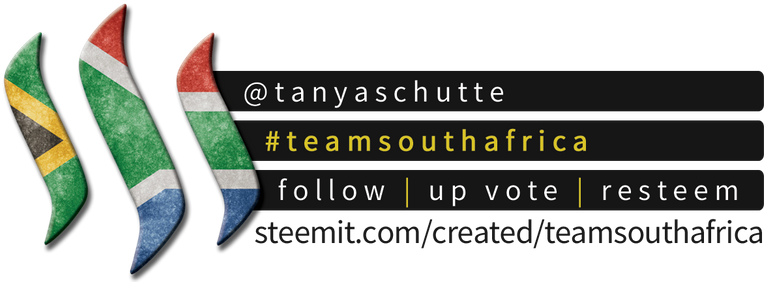I have been reading more and more about children who has selective mutism, and it has been intriguing me a lot because how can someone selectively decide not to say a word. Until I read more about selective mutism, and I began to have sympathy for those that has selective mutism.
What is selective mutism?
Selective mutism is categorized as a childhood anxiety disorder which causes a child to have the inability to speak or communicate effectively in certain situations or locations. It usually affects a child when they are at school since this is the place where they most likely experience the most anxiety. It is called selective mutism due to the fact that they can speak and communicate in settings where they feel comfortable with the people, setting and location. Selective mutism usually goes hand in hand with social phobia or social anxiety.
Signs of selective mutism.
- The child has the ability to speak, but when faced with certain situations like school, they almost completely stop talking.
- When they are asked questions by strangers or when they feel totally uncomfortable in situations they can seem to be "paralyzed" or angry.
- Even if these children know how to speak, in these situations, they rather choose to use pointing, nodding or facial expressions to have their needs met.
SELECTIVE MUTISM MUST GO ON FOR LONGER THAN A MONTH, AND THAT DOESN'T INCLUDE THE FIRST MONTH OF SCHOOL.
What causes selective mutism?
Selective mutism can usually be found in children under the age of 5. When these children don't speak, adults, especially their parents think that they just don't want to speak, but in truth, they are experiencing such a high level of anxiety that they are unable to speak in the situation that is causing the anxiety.

Image Source
Can selective mutism be treated?
Yes, it can, but it is not an easy road.
- Firstly, these children receive specialized behavior therapy, where they receive techniques that will prompt speech. It will then also reinforce successful speaking experiences that involves a lot of labeled praise and small incentives.
- The same techniques are taught to the child's parents to help them look for any and all opportunities to reinforce these skills at home.
- Generalization is used. This is where the therapist takes the child to unfamiliar locations to help them practice to speak in these situations.
How to assisst these learners in the classroom.
When a child with selective mutism is in your class, it honestly makes assessment a nightmare, because most assessment of children, especially those aged 5 years and younger, is done verbally. So how can you assess these learners:
Make charts or assement tasks where the child can either write (if they have aquired the skill) or point out the answer.
This is most likely the best advice I can give when trying to assess these learners.
REMEMBER: They did take in all the information you have taught them.
Send the work done during the day home, so that the child's parents or guardians can go through the work and reinforce it.
Follow this link to download a document by AnxietyBC about tips for teachers of children with selective mutism:
https://www.anxietybc.com/sites/default/files/resources/documents/School%20Tips%20for%20Teachers%20of%20Children%20with%20Selective%20Mutism.pdf
A poem about selective mutism.
Resources
https://selectivemutismcenter.org/whatisselectivemutism/
https://medlineplus.gov/ency/article/001546.htm
https://www.anxietybc.com/parenting/selective-mutism
https://childmind.org/center/selective-mutism-service/

Team South Africa banner designed by @bearone






Nice info. dear @tanyaschutte!
Not a condition that should be treated with SSRI's. Also should assess for bullying.
That was an incredibly, eye-opening article. Thank you for sharing such an important issue with us.
Another excellent post that brings to light the problems children face. Thank-you @tanyaschutte!
Congratulations @tanyaschutte! You have completed some achievement on Steemit and have been rewarded with new badge(s) :
Click on any badge to view your own Board of Honor on SteemitBoard.
For more information about SteemitBoard, click here
If you no longer want to receive notifications, reply to this comment with the word
STOPExcellent tanyaschutte.
Thank you very much!